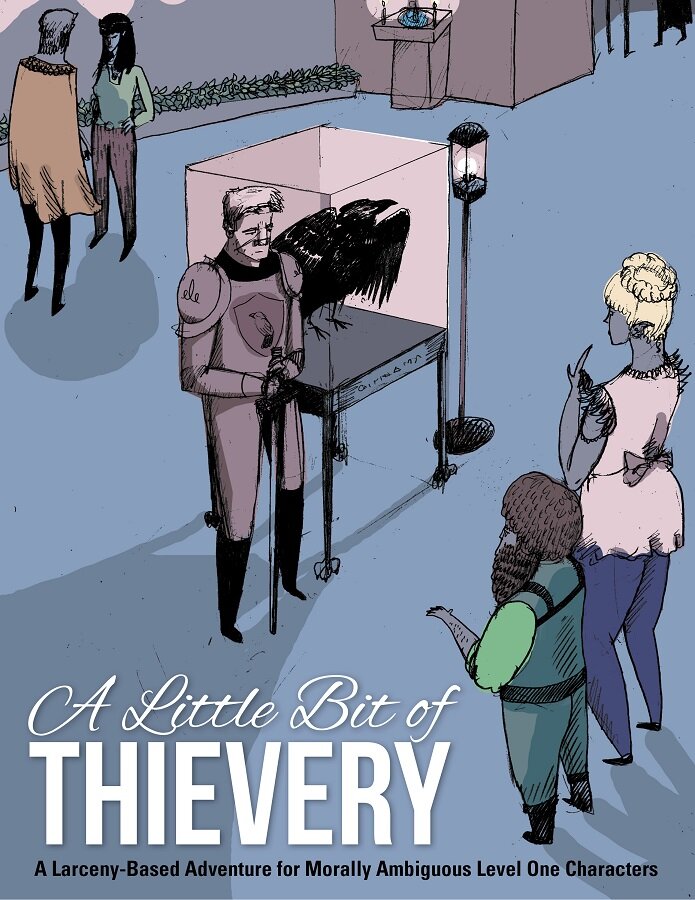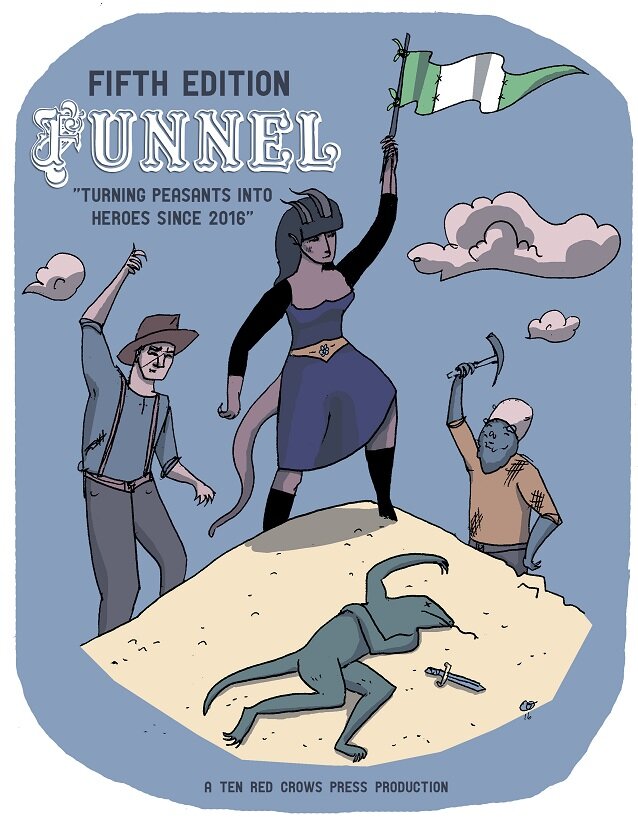A question from the internet: If melee characters get to use strength mod on Intimidate checks, why no similar case for the Bard to attack with charisma?
That’s a really good question. This is at the intersection of a lot play styles, theory craft, and opinions about how role playing games should work. Here’s mine.
Fair disclosure: I am slowly leaning toward RPGs as “collaborative story games” style of play. We are all there to have fun and tell a good story. This heavily influences how I feel about the question.
Fundamentally, players should be describing what they do, as opposed to calling for checks. Checks are a mechanical action that is instituted at the DM’s will.
In my world, the muscle bound adventurer who is trying to intimidate a guard has to be able to explain how they use their strength to intimidate the poor guy. Does the adventurer crush a rock in the guard’s face? Do they put a death grip on the guard’s helmet and loudly yell? Fine. Those are acceptable reasons. I would allow that, it’s a reasonable way to solve the situation that doesn’t involve rolling for initiative (yet). If the fighter walked up and said “I intimidate him with my strength” and then reached for the dice, I would say “what exactly is your character going to do to intimidate the guard?” If they couldn’t come up with something plausible, it would be an instant failure.
So, if fighters can just yell their way everywhere, why invest in Charisma?
The consequences of using strength versus charisma are very different. In the situation above, failing to intimidate the guard is disastrous. Backup is going to be called. Everything just got harder, because that’s what happens when someone yells at the powers that be. Guards are there to… well… guard, and being of average intelligence they are going to notice the hulking guy crushing rocks in front of them.
If a charismatic character fails, a disbelieving guard is generally going to tell them to buzz off (depending, of course, on the circumstances), which is better kind of failure.
In fact, there are limitless options to dealing with roadblocks: it’s the group’s choice to figure out the options and consequences. Clever players will be able to use almost any stat to get by our guard.
Perhaps the quick sneaky character can steal documents from a nearby bureaucrat that would let them pass, or swipe the key from the guard when the guard isn’t looking. An intelligent player may try to figure out the guard rotation, or forge orders that would allow the characters to pass. All of these would be options, again, depending on the circumstances.
That’s the cool things about tabletop RPGs. You can do whatever you want because there is a real human intelligence that is guiding the game. Thus it’s possible to try innovative and new solutions that the designers of the module or game never conceived. This is in contrast to computer RPGs where options are limited and often very direct, you either have the skill or you don’t. If you don’t have the skill, you don’t get the benefit.
Put differently: If a character could come up with a reasonable way to influence combat with charisma, I would allow it.
Doesn’t allowing all this unbalance the game?
The game isn’t balanced. My guess is that the designers focused mostly on combat, but beyond that, it’s pretty dicey.
Think about all the strange, impossibly weird worlds we have visited as role players. The adventurers marching through Spider Skull Island are going to use a vastly different set of skills than those attending a fancy party at Lord Barrister's mansion. It’s impossible to balance for every scenario, especially since the game is ran differently at every kitchen table.
In my mind, playing D&D is not (necessarily) about being an optimized character or just as powerful as the next guy. It’s about taking on the role of your character, overcoming challenges, and telling a story through your alter ego, regardless of their stats or abilities. My players never believe me, but the flaws or shortcomings of my characters as well as their strengths made them who they were.
To summarize here is how I deal with this
- If a player can adequately explain how a stat adds to their check, I would allow the bonus.
- It’s my job as DM to allow players to come up with creative solutions to problems.
- There are different consequences for different solutions to each problem
- I accept that some characters and statistics are mechanically better than others



